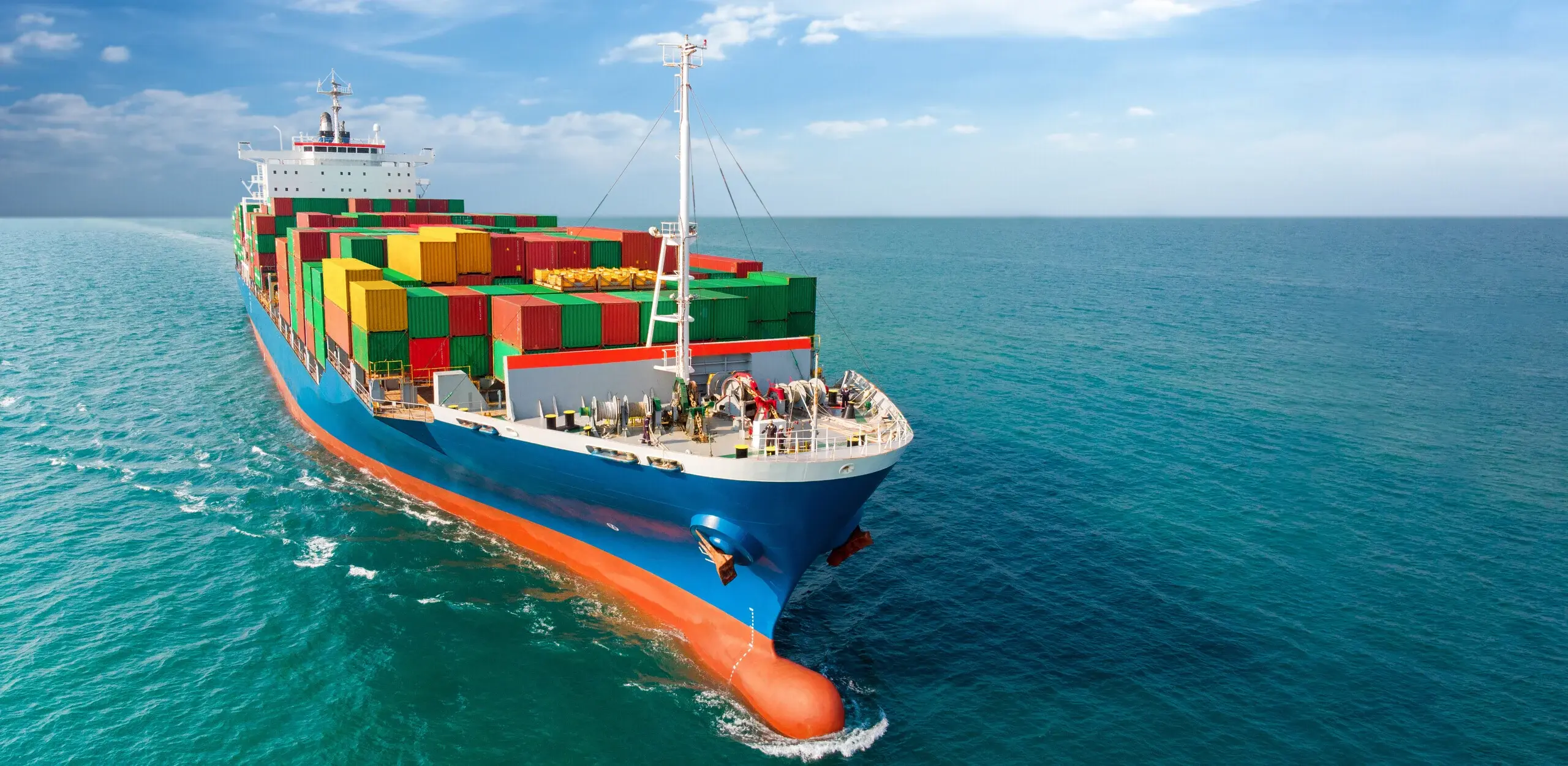A Russian cargo ship and a Chinese vessel are the protagonists of the first “dark” LNG transfer off the coast of Malaysia: Moscow circumvents sanctions, Beijing consolidates its role as a strategic energy partner
Moscow – For the first time, Russia has conducted a ship-to-ship transfer of liquefied natural gas (LNG) using units of the so-called “shadow fleet,” involving a Chinese tanker. According to satellite images and partial AIS system data, the operation allegedly took place on October 18, 2025, about 50 nautical miles off the east coast of Malaysia, between the LNG carriers Perle (170,471 m³) and Cch Gas (145,000 m³).
The transfer marks a new phase in the Kremlin’s strategy to export energy outside of Western control and international sanctions. The Perle was carrying a cargo from the Gazprom Portovaya LNG plant in the Baltic Sea, which was sanctioned by the United States in January 2025 and has since lacked foreign buyers.
Sentinel-2 satellite images show the two ships side-by-side according to the standard procedure for an STS (ship-to-ship) operation. However, in this case, both allegedly turned off their AIS transponders, making the operation “dark” to international observers. This is the first time a Russian LNG transfer of this kind has been conducted in Southeast Asian waters.
Analyst Samir Madani, co-founder of the tracking service TankerTrackers, confirmed that this is the first documented case of a “dark” transfer of Russian gas in that area, ironically adding that the Chinese ship CCH Gas would have “done a poor job of disguising its tracks.”
The Cch Gas, built in 2006 and previously known as Condor Lng, is one of several steam turbine LNG carriers sold between 2024 and 2025 by Western operators to unidentified Chinese buyers. Sold by the Greek company Tms Cardiff at the beginning of 2025, it is now registered with Cch-1 Shipping Co. Ltd (Hong Kong) and managed by Shanghai’s Primepath Shipping Ltd, according to data from the Equasis database.
The operation strengthens Moscow’s ability to maintain energy exports despite sanctions, expanding its distribution channels to Asia. Just two months ago, Russia began shipments of LNG from Novatek’s Arctic LNG 2 project – also sanctioned – to the Beihai terminal in southern China, with ten deliveries completed.
Last week the United Kingdom included the terminal on its blacklist, but the impact of the measures appears limited: Beijing had already diverted the flows elsewhere, thus confirming the growing energy collaboration with Russia in an anti-Western key.





